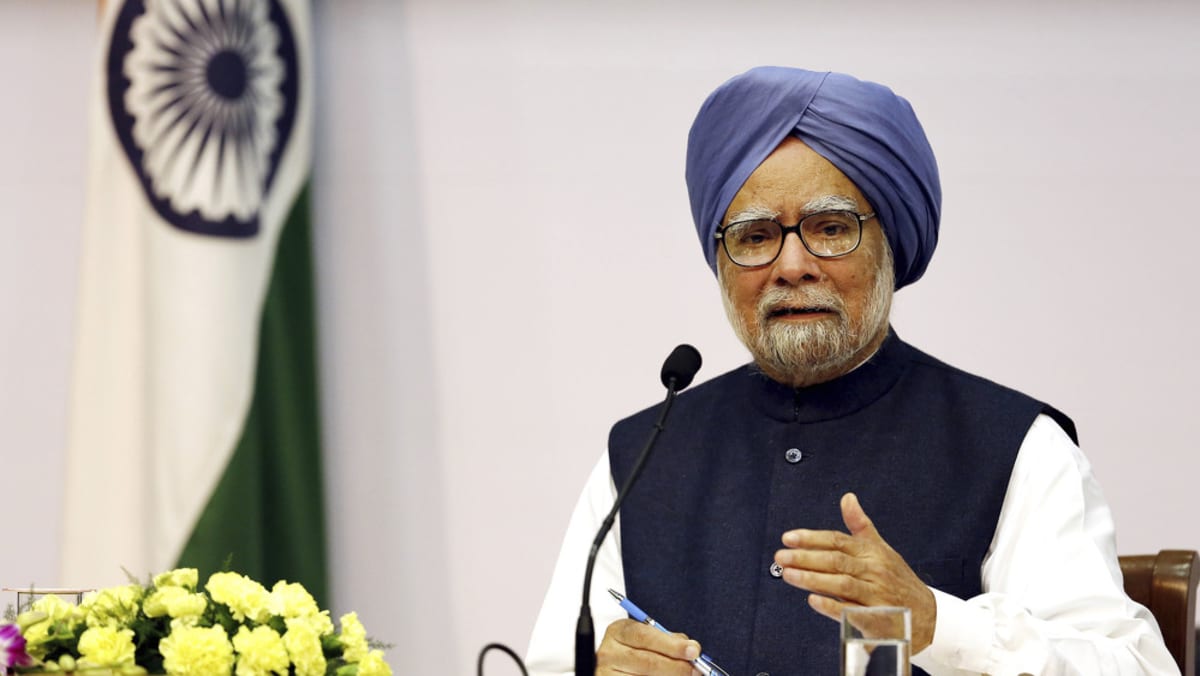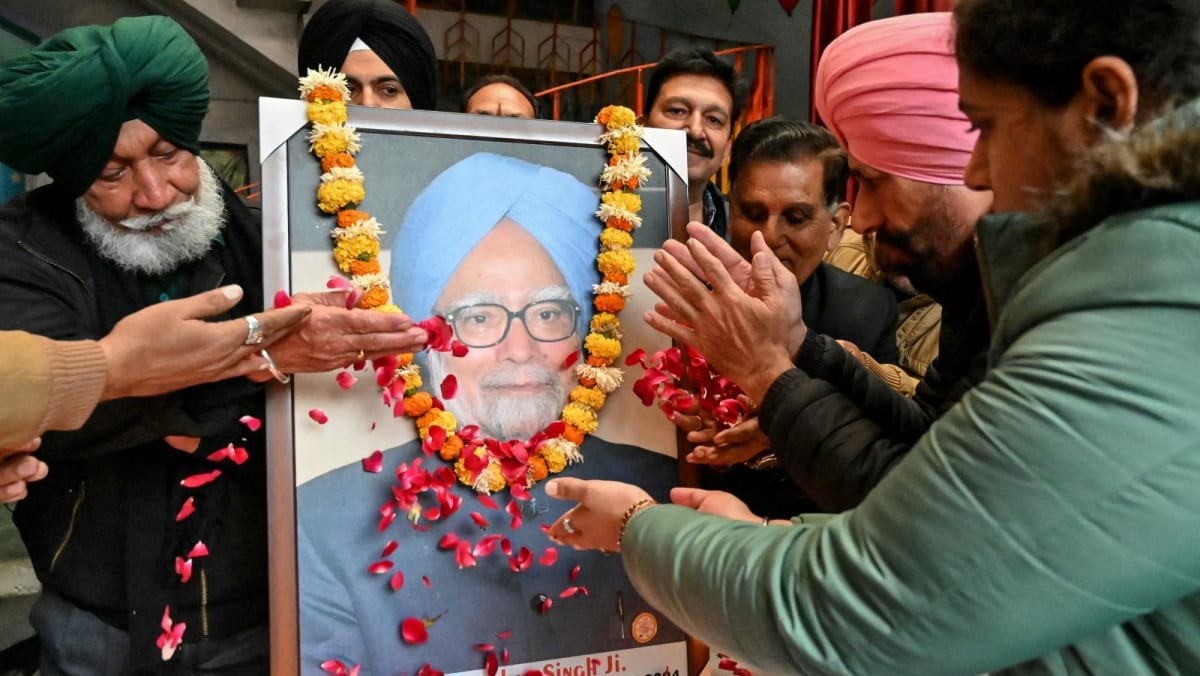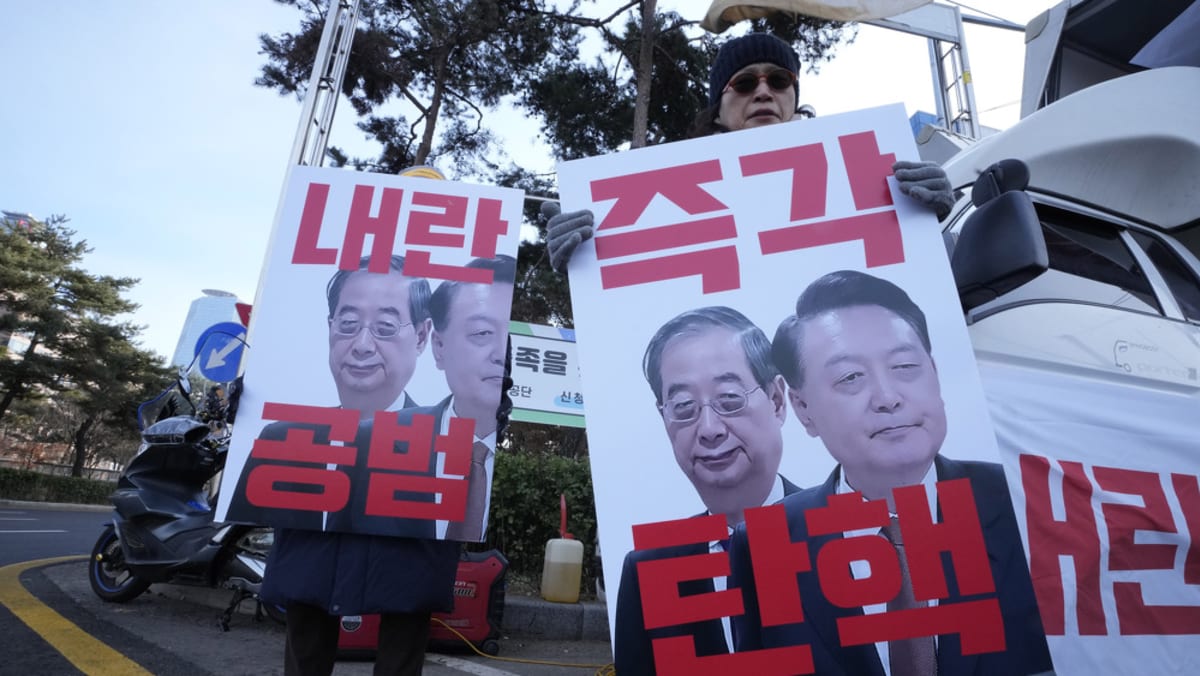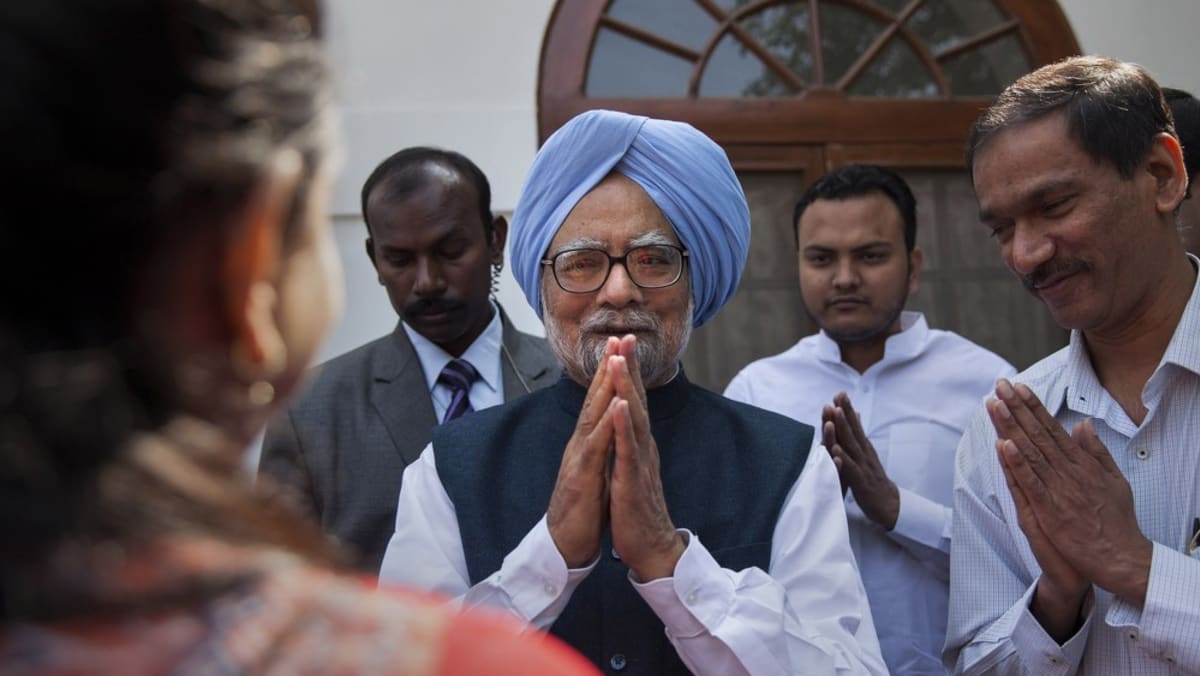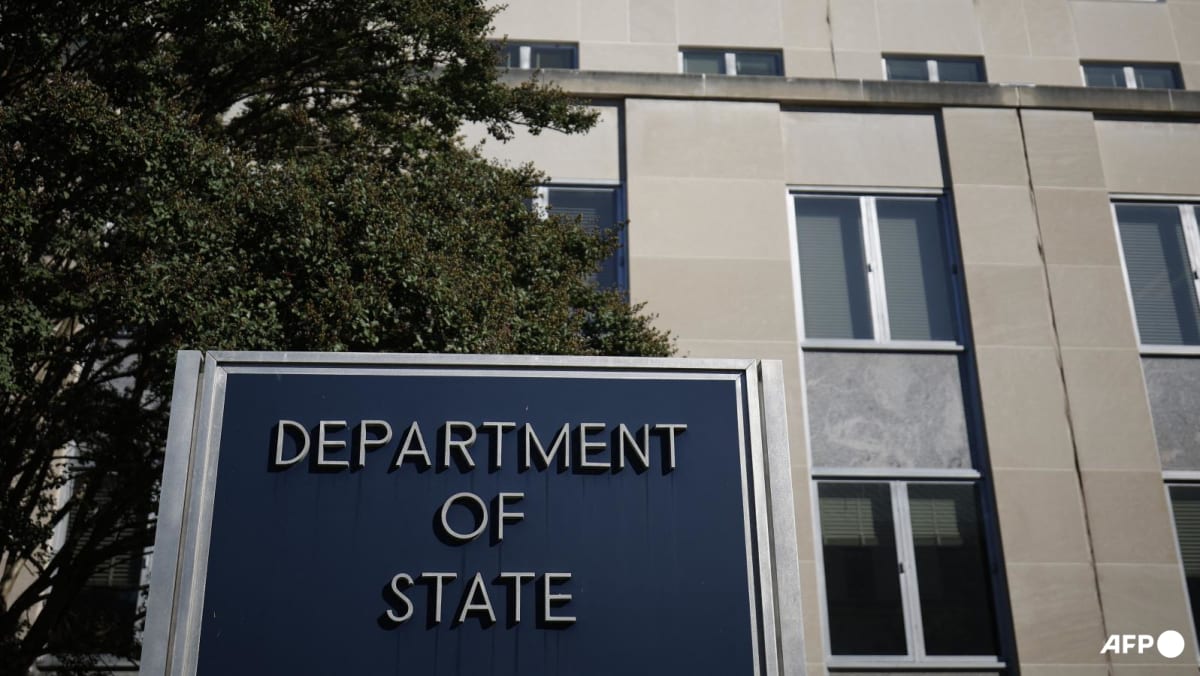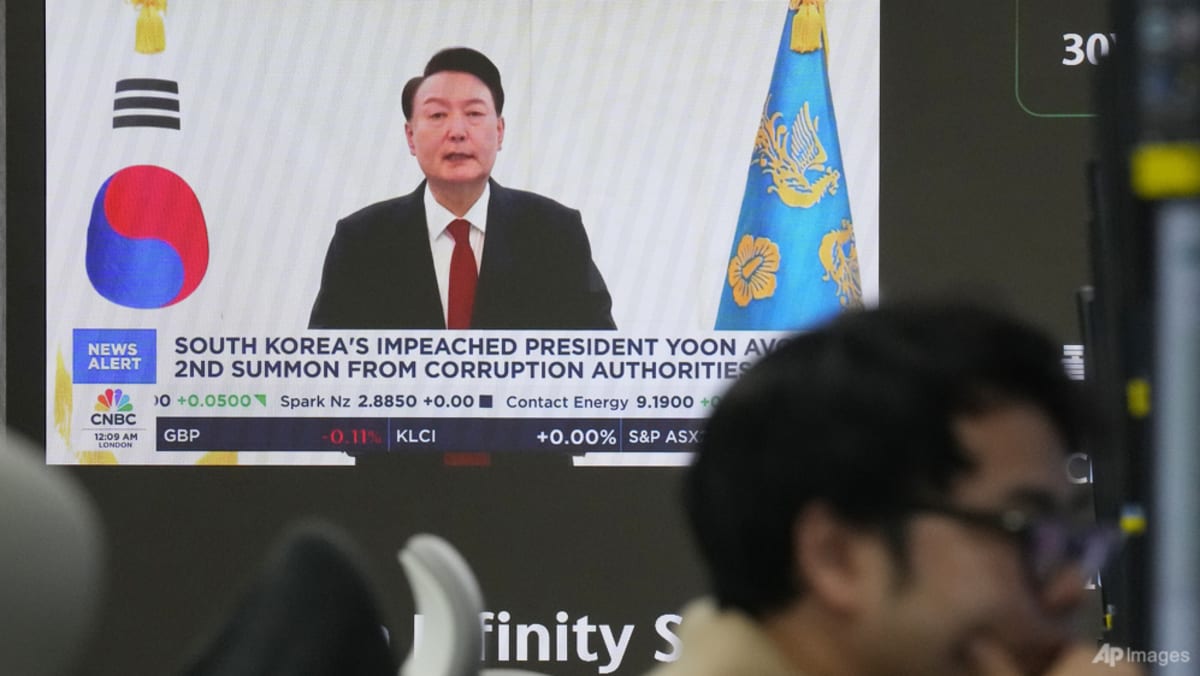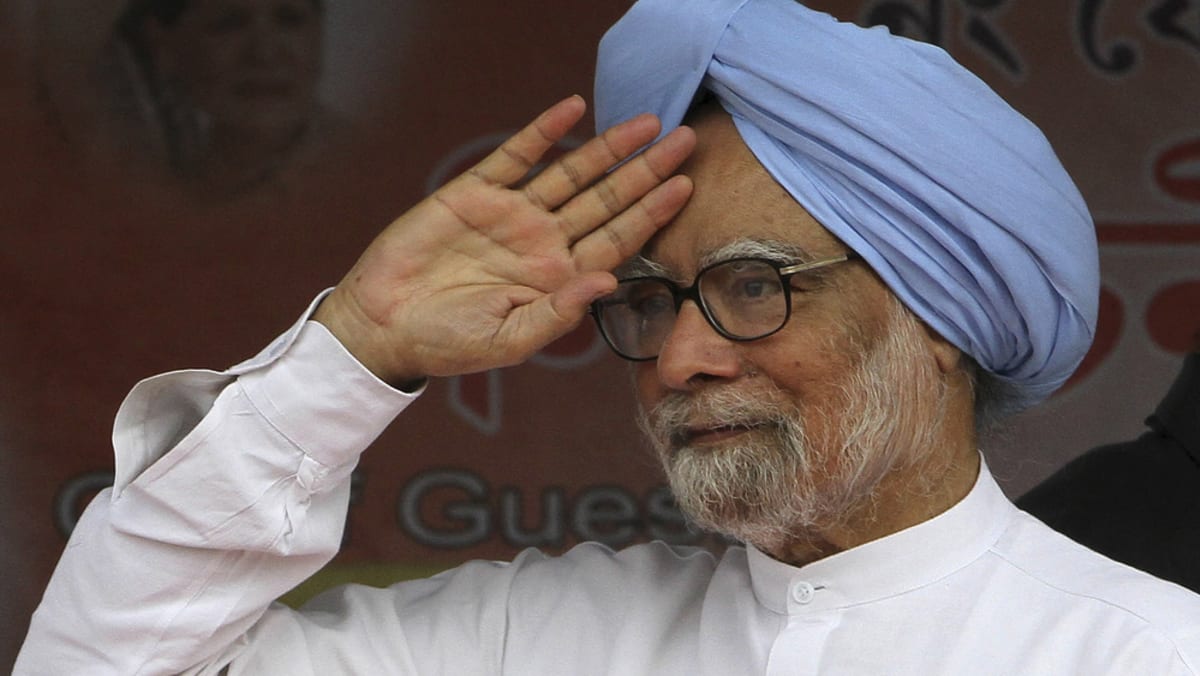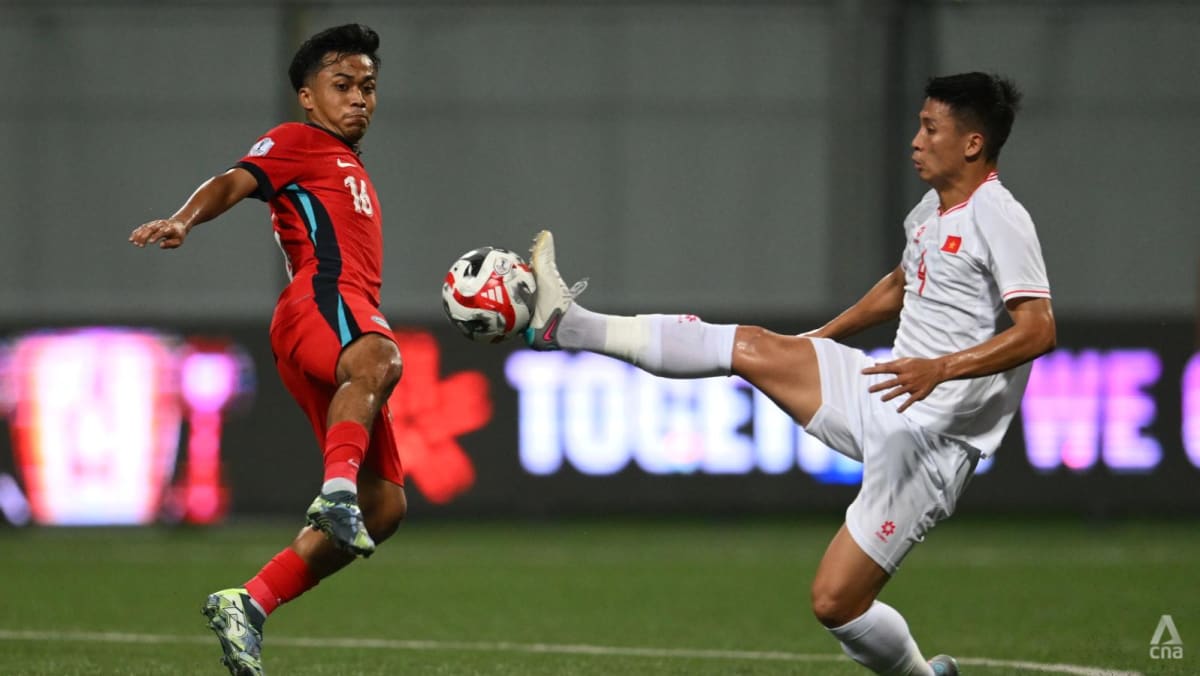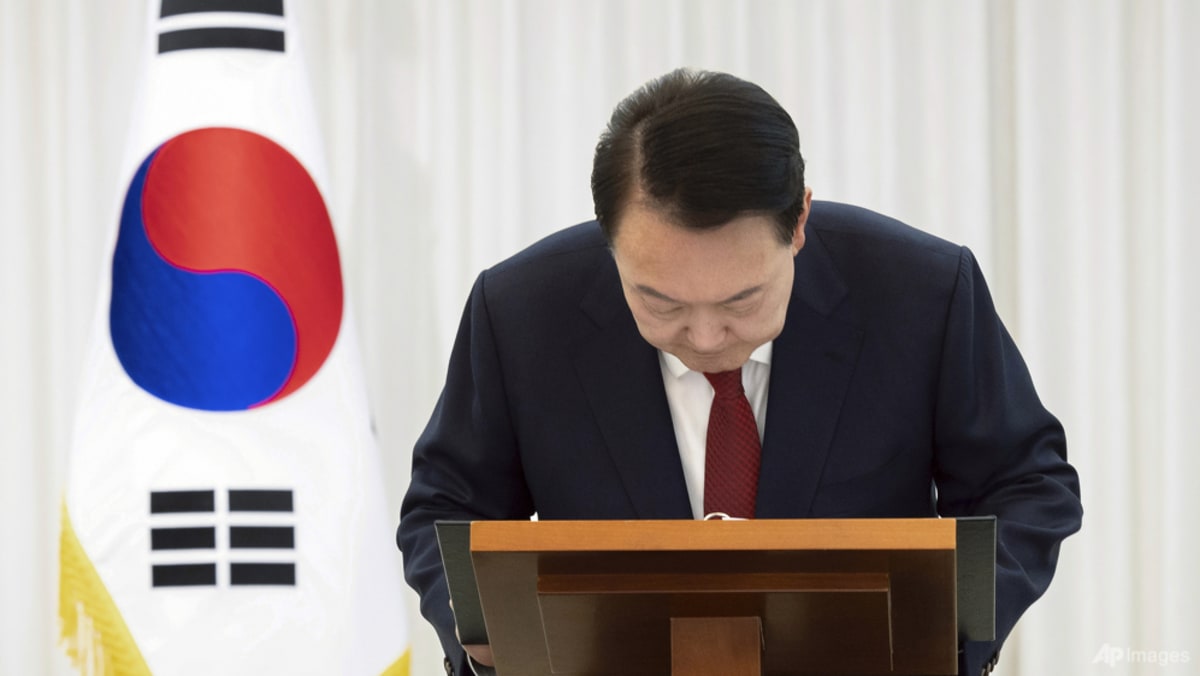Commentary: The curious tales of defectors to North Korea
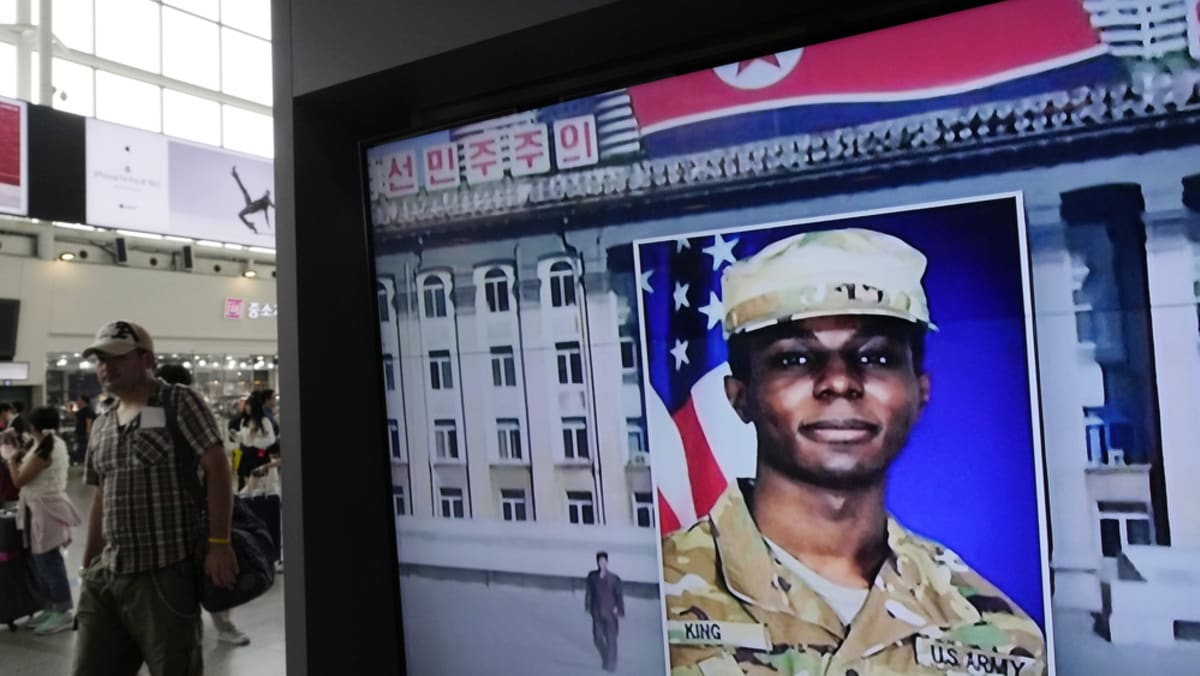
UNHAPPY NEW LIVES
In reality, many North Korean defectors face countless challenges ranging from integrating into a fast-paced, modern society to difficulty finding stable jobs and making ends meet. According to a 2022 survey published by the Database Center for North Korean Human Rights (NKDB), North Korean defectors earn about 74.4 per cent of the average income of salaried South Korean employees.
In addition, defectors often experience discrimination. A 2017 poll showed that nearly half of all defectors living in the South felt discriminated against due to their economic status (16 per cent), level of education (14.4 per cent), or region of origin (12.2 per cent).
Many South Koreans see their North Korean counterparts as “a cultural other”, reluctantly tolerating their presence while never fully accepting them as a “normal” member of society. Despite sharing a common history, language, ethnicity and traditions, North Koreans often feel like “strangers in a strange land” once they enter South Korea.
In fact, some would rather return to North Korea altogether. According to the 2022 NKDB report, 18.8 per cent of surveyed defectors said they had thought about going back to the North. Another survey published the same year by the Seoul National University Institute for Peace and Unification Studies showed that 18.5 per cent of North Korean defectors expressed that they “regret” moving to South Korea.
The reasons for this are several, including wanting to see family and friends, difficulty integrating into South Korean society, unfair treatment, and the need for greater emotional support. The lack of community in the South is a particular reason why some defectors consider returning to their homeland.
However, there are also cases where defectors have been tricked by brokers who paint South Korea as a land of opportunity and wealth. These North Koreans have demanded to be repatriated to the North once they have realised the realities of living in the South.
The cases of Kim Ryon-hui, 48, and Kwon Cheol-nam, 44, fall under this category and made headlines in 2017. Moreover, although official statistics only identify 29 re-defectors, this figure is likely to be much higher as the whereabouts of around 900 defectors were reportedly unknown as of 2017.
Source: CNA


